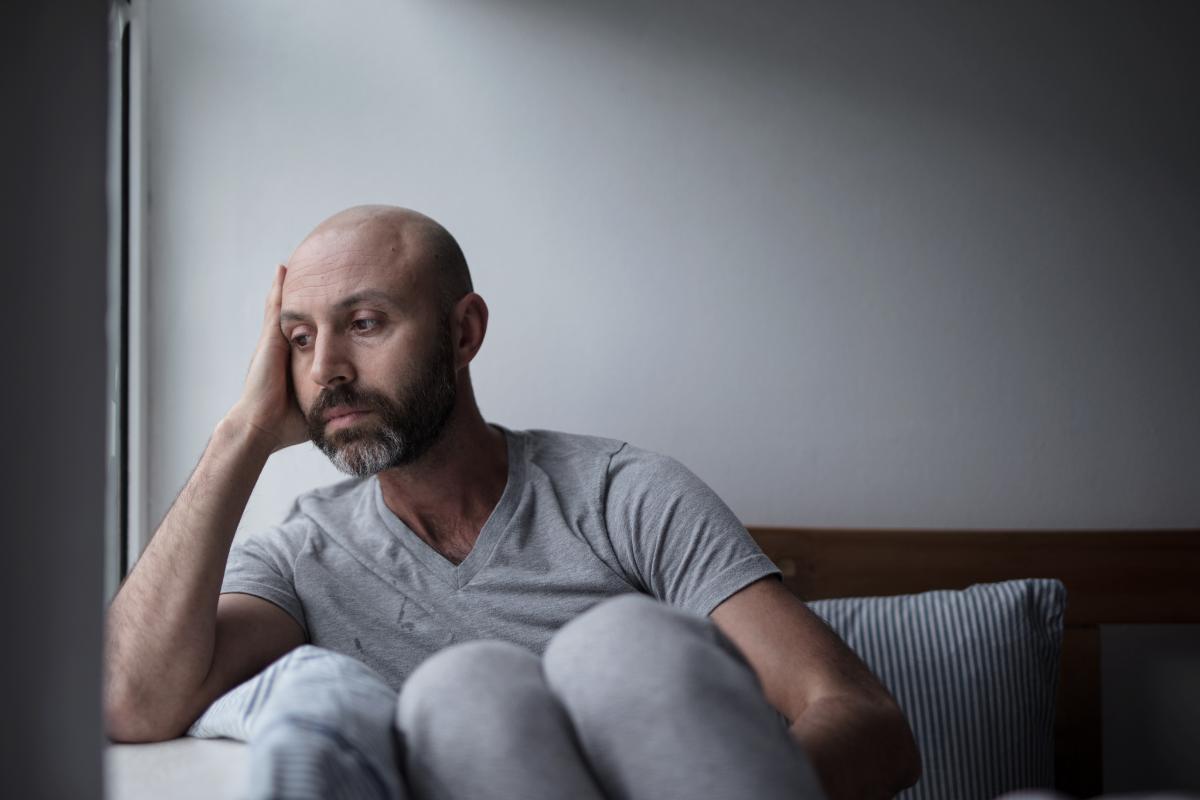A person who is struggling with heroin addiction will have a hard time focusing on anything other than the drug. Their life will revolve around getting and using the drug. Their health and social life can greatly suffer if the symptoms of the heroin use disorder get too bad.
Because heroin is extremely addictive, getting some sort of treatment is the best choice. If you or a loved one are in need of heroin addiction treatment in Ohio, Midwest Recovery Center is a great option to help you on the road to recovery. To get more information about our heroin addiction treatment in Ohio, contact [Direct].
5 Signs of Heroin Abuse
If you have been using heroin for an extended period of time and experience withdrawal symptoms when you are not using, you have probably acquired a heroin abuse disorder. The longer you use the drug, the worse the symptoms get. Knowing the signs of heroin abuse can be helpful so that you can get help as quickly as possible.
Lying and Stealing
In most cases, opioid addiction is not something that a person will be open and honest about. There could be embarrassment or fear when it comes to suffering from a substance use disorder, and it might seem easier to keep it a secret.
A person with a heroin addiction might also run into financial issues, especially if they use the drug frequently. Because it is hard to think clearly while under the influence of the drug, they may resort to taking money from their loved ones.
Seclusion
Due to the fact that heroin addiction is not something that a person is comfortable about, they might just decide to distance themselves from friends and family so that they can’t see themselves in a poor state. This is never a safe option, as removing yourself from groups of people that can help you when you need them most will prolong the recovery process.
Mood Swings
For someone with opioid addiction, mood swings can happen more often than normal. They can happen while a person is using however these mood swings can be very severe, especially for someone who is going through withdrawal. This can cause a person to even experience extreme rage and lash out at others without meaning to.
Disorientation
Another sign of heroin abuse is disorientation, or a person not being completely aware of their surroundings or having lucid thoughts. They might forget what they are doing, lose track of the days, or even forget where they are. Things like driving become dangerous because it is hard to focus on what you are doing.
Low Heart Rate
A person who uses heroin is likely to have a lower heart rate. It can make even simple exercises difficult. It is also possible to get a bacterial infection in the blood vessels. This can be very dangerous for those who already have cardiac health issues and can even lead to heart failure.
Treatment at Midwest Recovery Center
If you or a loved one are suffering from opioid addiction, Midwest Recovery Center can help. We will guide you through every step of the way, from just starting your recovery journey to learning skills to remain sober. We specialize in opioid and heroin addiction and offer treatments from outpatient programs to partial hospitalization programs. We also offer:
- Cognitive-behavioral therapy
- Group therapy
- Alcohol addiction treatment
- Painkiller addiction treatment
Our goal is to help you through the process as easy as possible. Our team will be able to assist with any needs of you, or someone you care about that is struggling through addiction. If you would like to get more details about what we offer, contact us at [Direct].


























